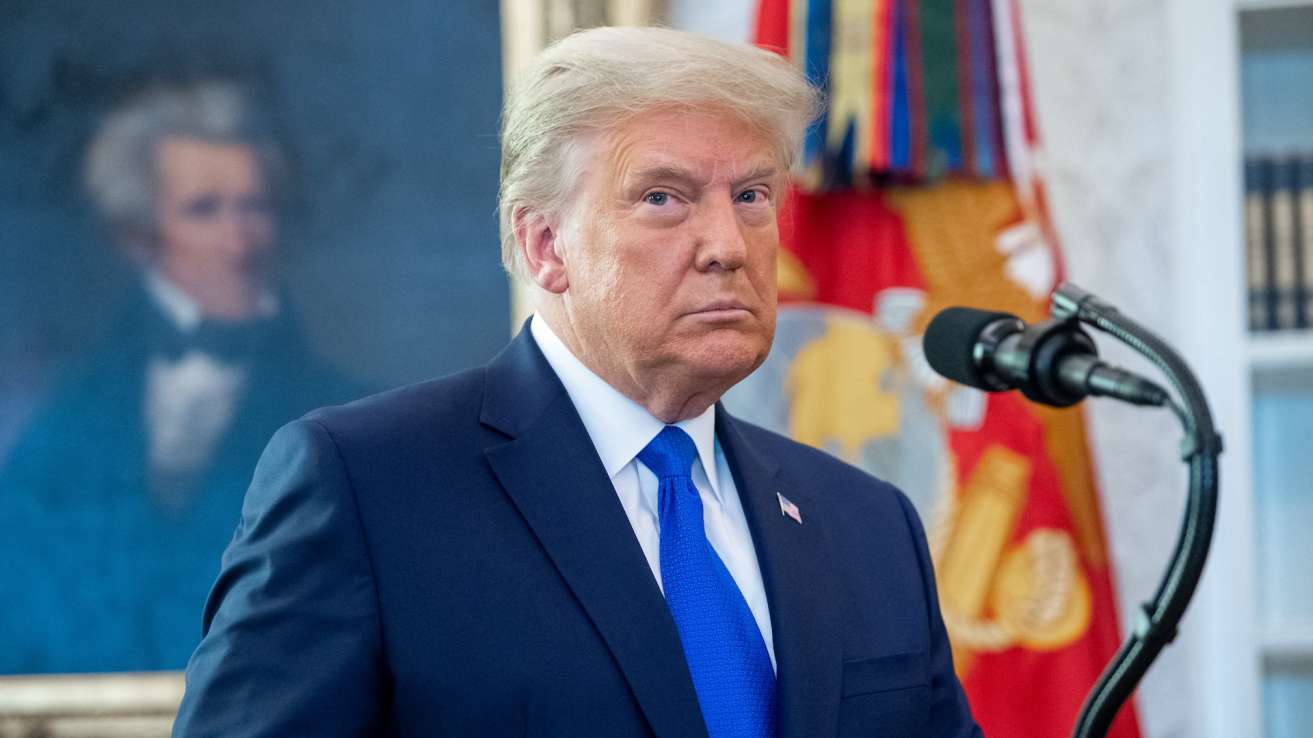As President Donald Trump of the United States follows through on his threats of tough tariffs, Nigeria and Africa are staring down a looming crisis that could severely impact their external sectors. Trump’s new tariff regime, set to be enforced tomorrow, will target imports from Mexico, Canada, and China, and may trigger retaliatory measures that could escalate into a global trade war. This, combined with Trump’s broader economic agenda, could send shockwaves through the Nigerian economy.
The US government’s tariffs will see a 25% tariff imposed on imports from Mexico and Canada, and 10% tariffs on China. In response, both Canada and Mexico have announced retaliatory tariffs, while China has vowed to challenge the move through the World Trade Organization (WTO). Trump’s tariff order includes a warning that any retaliation from these countries could lead to even more stringent duties on US imports.
Trump’s trade war has its roots in a broader policy agenda, aimed at reducing illegal immigration and drug trafficking, and revitalizing domestic manufacturing. In his statement, Trump made it clear that these tariffs were a response to illegal immigration and the influx of deadly drugs, including fentanyl. His administration has framed this as a measure to safeguard US citizens and bolster the country’s economy. However, the effects on countries like Nigeria and other developing nations could be devastating.
For Nigeria and much of Africa, the repercussions of these policies are more severe due to their economic dependence on external markets. While Mexico, Canada, and China have the ability to retaliate with tariffs of their own, Nigeria and other African nations find themselves at a disadvantage. Lacking significant leverage or internal economic dynamism, they are ill-prepared to absorb the external shocks triggered by these global trade tensions.
Nigeria’s Vulnerabilities
Nigeria’s most pressing vulnerability lies in its oil sector. Trump’s plans to expand domestic US crude oil production could lead to an oversupply of oil, causing prices to crash on the international market. As the country remains heavily dependent on oil exports, this could send the economy into a tailspin. Additionally, Trump’s intention to impose tariffs on oil and gas imports—set to take effect by February 18, 2025—could exacerbate the situation, further harming Nigeria’s oil-dependent economy.
Beyond oil, Trump’s trade policies are also poised to undermine African access to the US market. The African Growth and Opportunities Act (AGOA), which has allowed African nations, including Nigeria, to export goods to the US at preferential tariffs for the past 15 years, is now under threat. AGOA’s renewal was already delayed last year due to congressional disagreements and has been pushed to this year. However, Trump’s stance against the program casts doubt on whether it will be renewed at all, potentially depriving African nations of critical access to the US market.
Moreover, the African Shops across the US, which generate over $15 billion annually in revenue, are also at risk. These shops primarily sell agricultural products from Africa, with Nigeria being the leading exporter. As the US market tightens, Nigeria and other African countries have yet to devise any effective responses to mitigate the economic fallout from these trade restrictions.
The Path Forward
As Nigeria and Africa face these looming economic challenges, they must begin to reassess their strategies for trade diversification and economic resilience. Without strong responses to the US tariff regime, the countries may see significant setbacks to their export-driven growth. With retaliatory measures unavailable and limited domestic alternatives, the external shocks imposed by Trump’s policies will have long-lasting implications, not only for Nigeria’s oil-dependent economy but for the continent as a whole.




